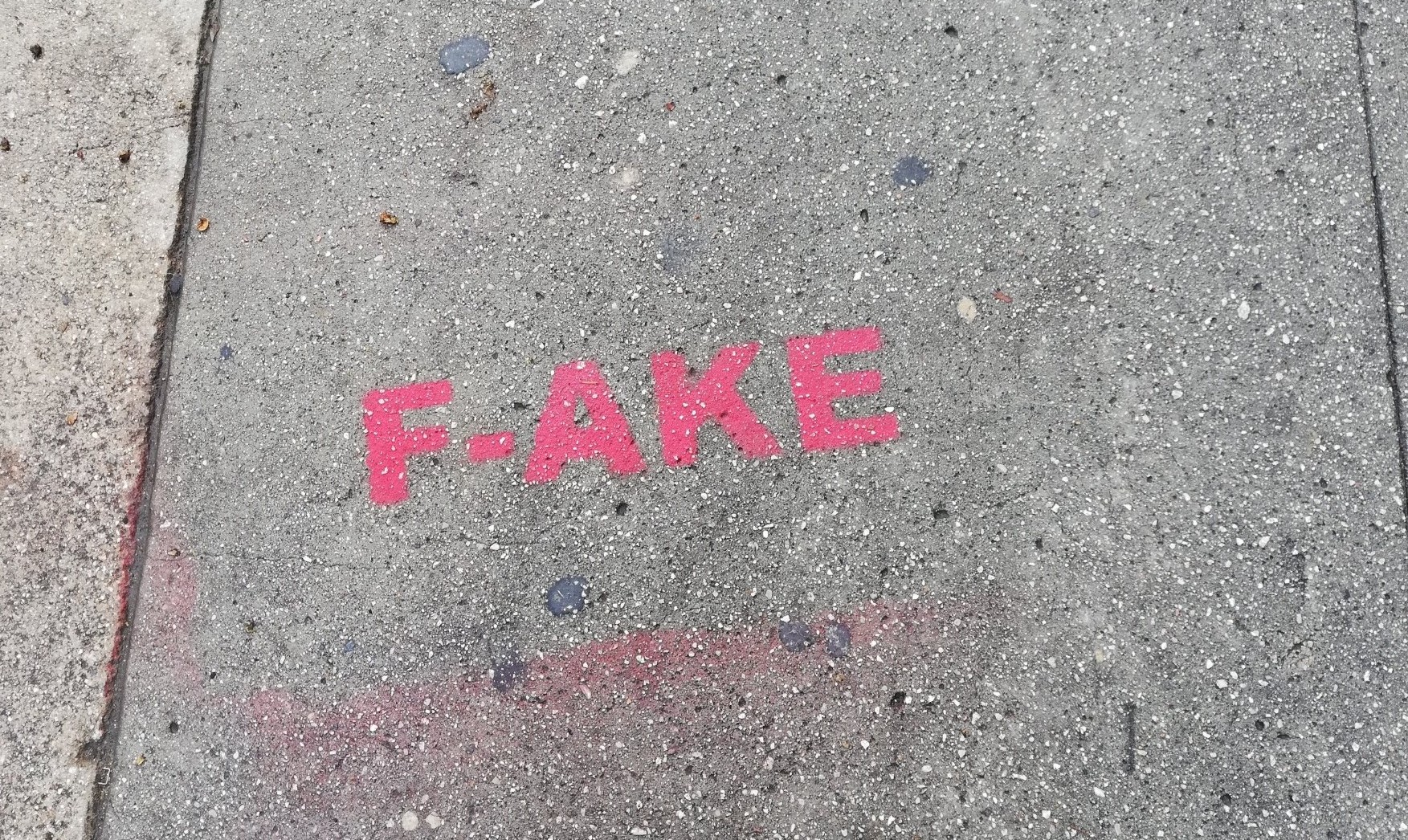Fakes, propaganda, manipulations, falsifications and simply your classic ridiculousness. Today, this is a part of our lives. Probably for most, it is one of the most important parts. At least for those who aren’t lazy and who are reading this article right now.
It’s not like fakes and propaganda didn’t exist before. One thing is distinctly different. In the past, fake and propaganda were classified and lined up on shelves. There were one-two maybe three sources of misinformation.
Not to mention that there were only a few tools for spreading this propaganda or information, the majority had very clear owners. Getting one’s bearings was difficult but possible.
Now the number of tools for spreading is endless. You only need five minutes to set up a website today. Just a minute to open a page on Facebook. In one day, dozens of broadcasting channels are created through social networks. And they have a bigger impact than the newspapers did ten years ago.
All this is very affordable and requires such little human resources that almost all political and economic actors are engaged in propaganda, who have at least one additional staff.
All of this isn’t new, it’s a rather destructive topic both in Armenia and almost all over the world. Fake news today is one of the most discussed topics since social networks have created a fertile environment for similar manipulative activities.
In the case of Armenia, this is extremely important, as at the same time we have an internal political conflict, one of the main tools of which is the information field. And we have a conflict with Azerbaijan where the information component is one of the most important ones at the moment.
There are also problems with the recognition of the Genocide with Turkey. In addition, other types of informational fakes appear regularly. And all these frauds and propaganda from different directions flow in the same way as the natural gas flows of the known and loved Orenburg -Pomari-Charkorn gas pipeline.
If you read these lines, you would hardly know anything new. All of this, good or bad, is realized by most of the Armenian society. And, naturally, this amount of misinformation and manipulation is alarming.
But the public reaction to all of this is also troubling.
An opinion has been circulating for a long time, that these things need to be fought against, that fakes need to come to an end.
Both ordinary citizens and the country’s leadership share this opinion. It’s not worrisome that there is a desire to fight against fakes, but that we often hear encouragement for taking harsh methods.
Both on social networks, in the press, and in numerous meetings, these cries are constantly being heard. “It is necessary to set criminal liability for the dissemination of fakes.” We constantly hear opinions that we should resort to taking ruthless actions. And it seems that these voices are becoming higher and increasing. And that’s exactly what is worrisome.
Because the objective situation becomes worse and worse, it is difficult to express an opposing opinion.
Many countries are currently trying to regulate information, in order to prevent interference in political, economic, public and other processes. However, today’s international experience says that there are no positive solutions yet.
All regulations have a negative impact on the freedom of expression and democracy in general.
But something certainly has to be done, as continuing on like this is not possible. In fact, a few steps can already be taken to improve the situation.
a. Introduce a media literacy curriculum in schools and universities. Implement public education programs.
b. Upgrade the mass media legislation that has been recently outdated.
c. Make information provided by state institutions more active and coordinated.
If these steps are implemented in a coherent and coordinated manner, the positive impact will be much greater than that of any type of repressive anti-fraudulent legislative, or other kinds of actions.
Moreover, every oppressive regulation will sooner or later be used by someone in an anti-democratic direction.
Samvel Martirosyan







